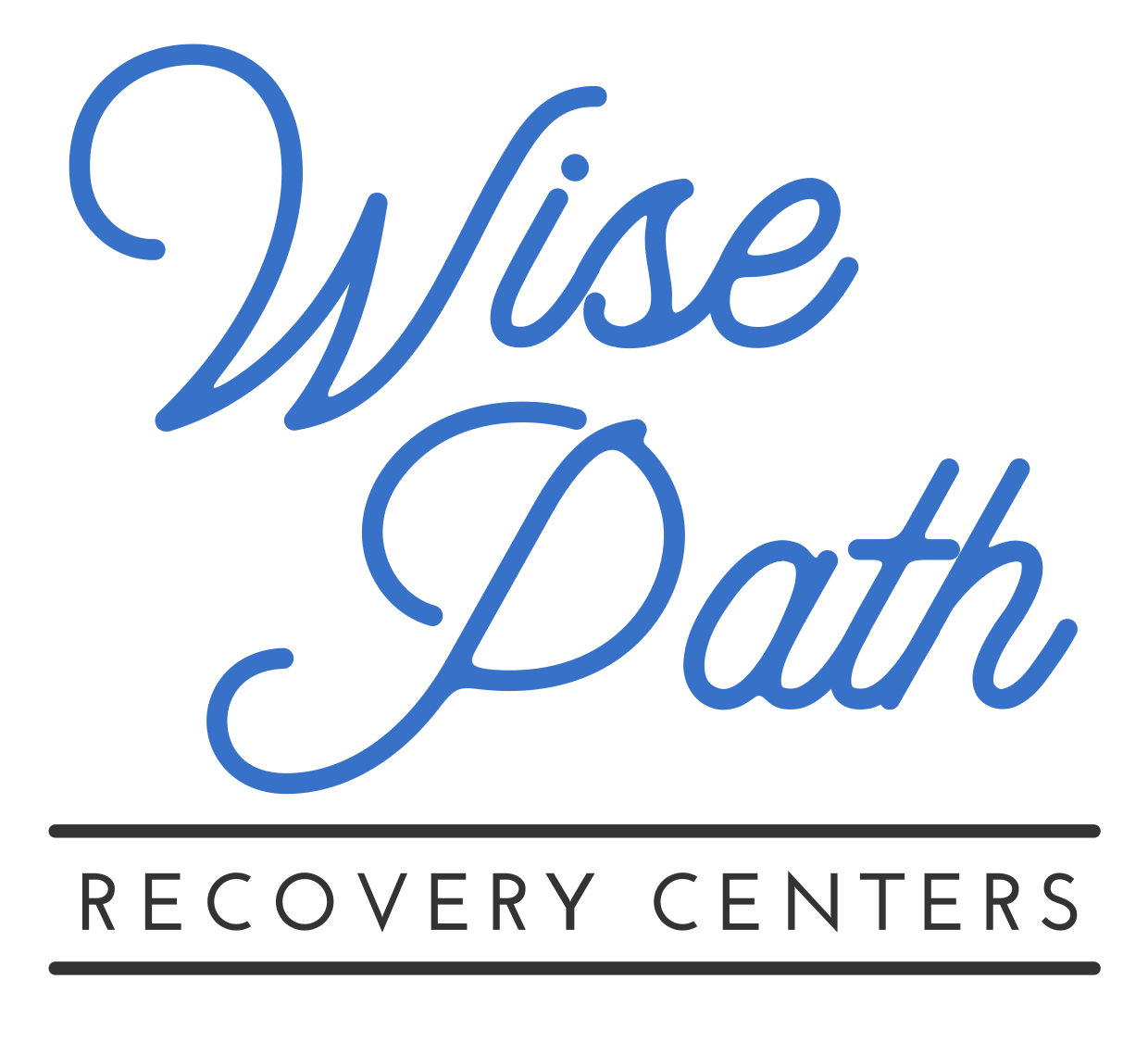Addiction is a complex and challenging battle that affects more than 40 million people worldwide, according to a 2020 report by the Substance Abuse and Mental Health Services Administration. It takes immense courage to seek help and embark on the journey to recovery. At Wise Path Recovery Centers, individuals struggling with addiction are provided with compassionate care and evidence-based treatment options.
Two primary avenues for recovery offered at our Centers are inpatient, also known as residential treatment, and outpatient programs. Understanding the differences between these programs is essential for making an informed decision that aligns with individual needs. In this blog, we will explore the key distinctions between inpatient and outpatient programs at Wise Path Recovery Centers, helping individuals and their families choose the right path to healing.
Intensity of Care
Inpatient Programs: Inpatient treatment programs at Wise Path Recovery Centers offer a highly structured and immersive treatment experience. Participants reside within the facility which has a total of 30 beds for the duration of their treatment, typically around 30 days, depending on individual needs . This 24/7 supervision and support provide a safe environment, free from external triggers and temptations, allowing individuals to focus solely on their recovery. The continuous monitoring by a dedicated team of healthcare professionals ensures that any potential challenges or setbacks are addressed promptly. Inpatient or residential treatment programs also include detoxification services to safely manage withdrawal symptoms during the initial stages of recovery.
Outpatient Programs: On the other hand, outpatient programs offer a more flexible approach to treatment. Patients attend therapy sessions, counseling, and group meetings at the recovery center on scheduled days and times. After each session, they return home, allowing them to maintain some semblance of their daily routines and responsibilities. This flexibility makes outpatient programs an attractive option for individuals with strong support systems at home or those who cannot commit to an extended absence from their personal or professional lives. Outpatient programs include our Intensive Outpatient Program and Outpatient Program at our Laconia Recovery Center. Outpatient programs do not include residential stays and typically do not offer detoxification services on-site. However, they may recommend a separate detox program before starting outpatient treatment if necessary.
Treatment Modalities Used in Each Programs
Inpatient Programs: Inpatient treatment at Wise Path Recovery Centers involves a comprehensive range of evidence-based therapeutic modalities. These may include medication-assisted treatment (MAT), medication management, withdrawal management, and psychotherapy, including individual counseling, group therapy, family therapy, using cognitive-behavioral therapy (CBT), dialectical behavior therapy (DBT), and holistic approaches like expressive arts therapies and mindfulness such as meditation. The immersive nature of inpatient or residential care allows for intensive and personalized treatment plans tailored to the individual’s needs, promoting a deeper understanding of the underlying issues driving their addiction.
Outpatient Programs: Outpatient programs at Wise Path Recovery Centers also incorporate evidence-based therapies, such as individual and group therapy, but the intensity and frequency may differ from residential programs. Since participants return home after each session, they have the opportunity to practice the coping mechanisms they learn in real-life situations. While outpatient programs provide invaluable tools and support, the success of this approach largely depends on the individual’s commitment to apply what they’ve learned outside of the treatment center.
Support System and Community
Inpatient Programs: One of the significant advantages of residential programs is the strong sense of community and support that develops among patients. Living together in a therapeutic environment fosters camaraderie, empathy, and understanding. This mutual support can be a powerful catalyst for recovery, as patients draw strength from each other’s journeys and share their triumphs and challenges. Additionally, the dedicated staff is always available to offer guidance, encouragement, and professional care whenever needed.
Outpatient Programs: The advantage of outpatient programs lies in the opportunity to strengthen existing support systems in and outside of the treatment center. Patients can build healthy relationships peers in group therapy sessions and can use these healthy, learned interactions with family, friends, or local support groups outside of the treatment center, enhancing their chances of long-term success in recovery. You can find a local support group on the Substance Abuse and Mental Health Services Administration (SAMHSA)’s website.
Both residential and outpatient programs at Wise Path Recovery Centers offer valuable paths to addiction recovery, each tailored to meet the unique needs of individuals seeking help. Inpatient or residential treatment programs provide an intensive and structured approach, offering a safe haven for patients to focus solely on healing, including necessary detoxification services. On the other hand, outpatient programs offer flexibility, allowing participants to balance treatment with their daily lives. The key to choosing the right program lies in assessing individual needs, considering the level of care required, and the strength of the support system available.
Regardless of the chosen path, Wise Path Recovery Centers are committed to providing compassionate care, evidence-based therapies, and a nurturing environment to guide individuals toward a life of lasting sobriety. Learn more by visiting our website.

